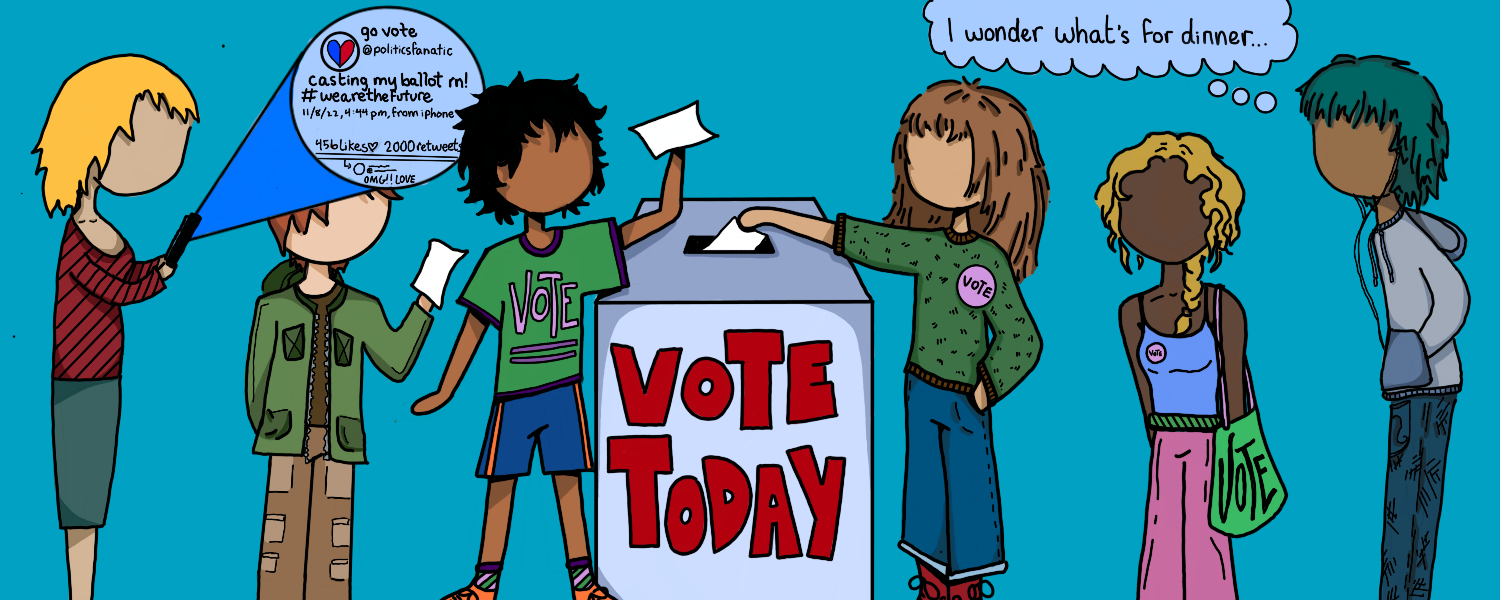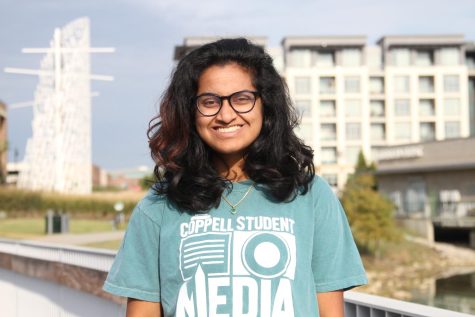Editorial: What is “political,” really?
November 3, 2022

In October 2018, Taylor Swift broke her silence in regards to the world of politics to encourage fans in her home state of Tennessee to register to vote in the upcoming midterm elections. Just 24 hours after her first Instagram post, more than 65,000 people registered to vote; Vote.org saw 155,940 unique visitors to its website.
Although her efforts to bring attention to the elections deserve to be praised, it does bring an important concern to the forefront of everyone’s attention: an exorbitant amount of potential voters only registering after being encouraged to do so by an influential personality.
In a world where partisan hostilities continue to grow and political orientations play a significant role in students’ lives, it is understandable why young adults tend to shy away from the polarizing idea of being “political”: they do not want to bear the responsibility and burden associated with it.
But, when it comes to student and youth politics, a spectrum immediately comes to mind.
On one end, there are people always posting about the political developments of their hometown, state or even country. They are blatantly “political.”
Then there is the other end of the spectrum. People who actively choose to shy away from the, at times vast and overwhelming, realm of politics. The issue stems from those who choose to not pay attention to or care about politics and therefore do not actively participate in elections, no matter their importance.
Some people express their political views and have the chance to potentially change someone else’s mind about a topic. Others want to keep that part of their lives private and do not feel the need to declare their stance or what candidate they vote for on platforms where posts can be traced back to them in their future.
What is difficult to digest are the people who do not want to let their lives be overtaken by politics, and subsequently decide it is best to stay out of it. That sort of thinking leads to them remaining oblivious to key events in politics, their representatives and current events that directly affect them. Rather than taking a silent, yet powerful stance, they choose to let their voice go unheard, a step that takes years to correct.
It is high time we find a middle ground between the two extremes.
Instead of forcing students to awkwardly try to find a happy medium, taking a step to redefine the definition of being “politically active” is what is needed. Being political should only “require” someone to have a stance on a key issue and enact it through their participation in local, statewide and national elections.
By doing so, students have the opportunity to express their political views and take a firm stance on an issue. It eliminates the burden of wondering if they should be doing more to be active or if they need to post on a social media platform to be what society has now deemed “politically aware.”
It does not matter how outspoken you are. As long as you use your resources, take the time to educate yourself, discover what you believe in and who you wish to vote for apart from the views of people around you, that is all we ask of you. The key is to be active in politics, when your vote is your duty to those who matter to you.
Let us take the time and effort to encourage young voters, who are likely voting for the first time, to register to vote in upcoming elections. If they choose to post their beliefs elsewhere, that is their prerogative. All the more power to them for voicing their views more openly.
It is only appropriate that we establish and ingrain responsible political habits in young minds before they become completely ignorant to the political sphere.
Follow @CHSCampusNews on Twitter.









